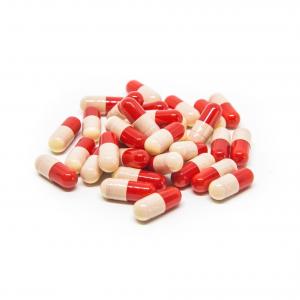Anxiety Medication Overview of Inderal
Inderal, a beta-blocker commonly prescribed to control physical symptoms of anxiety, is generally considered to be a safe drug and is tolerated well by most people. There are a number of possible side effects, most of which are minor and require no treatment or are easily treated. Side effects are more likely for people who are taking Inderal regularly, such as those who are using it to treat heart-related issues. People who take it only infrequently and in low doses, as is often the case when it is used to treat anxiety, may find that they don’t have noticeable side effects, or that the side effects are slight and short-lived.
Some of the more common possible side effects of Inderal include dizziness; nausea; tiredness; insomnia; unusual dreams; cold hands and feet.
Unlikely but potentially serious side effects include a heartbeat that is very fast, very slow or uneven; fainting; blue fingers or toes; shortness of breath; fever; swelling of ankles or feet; numbness or tingling of arms or legs; confusion or hallucinations; depression; jaundice; easy bruising or bleeding; increased thirst and urination.
Inderal is not recommended for people with asthma, diabetes or certain heart conditions, pregnant women, or people taking certain medications, including some antidepressants and MAOIs.
Photo: Pixabay






